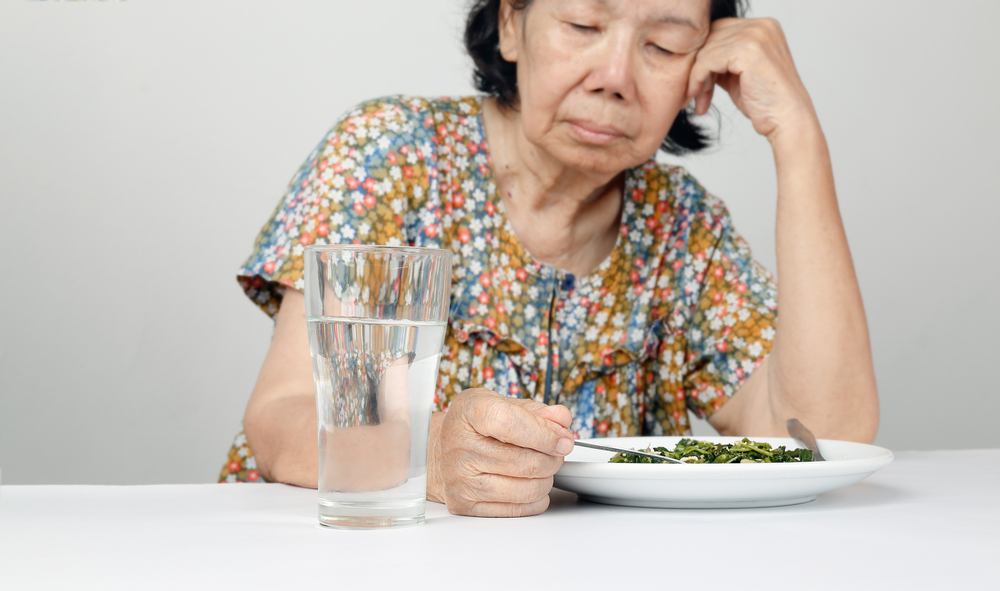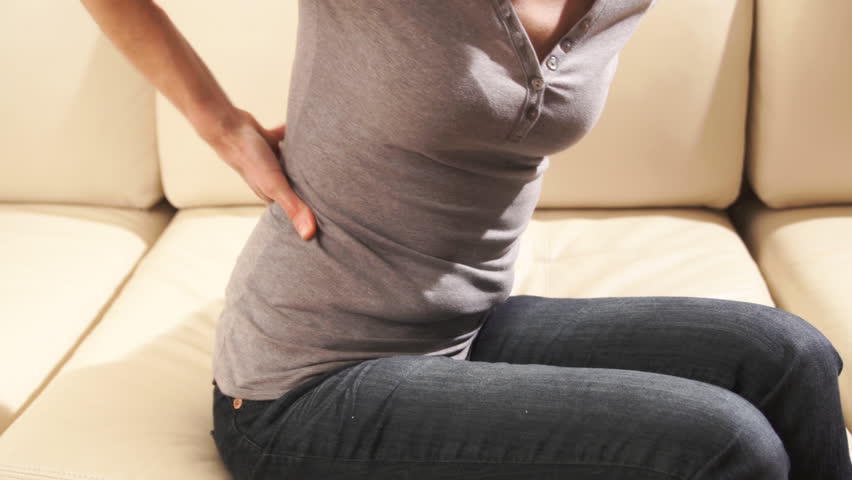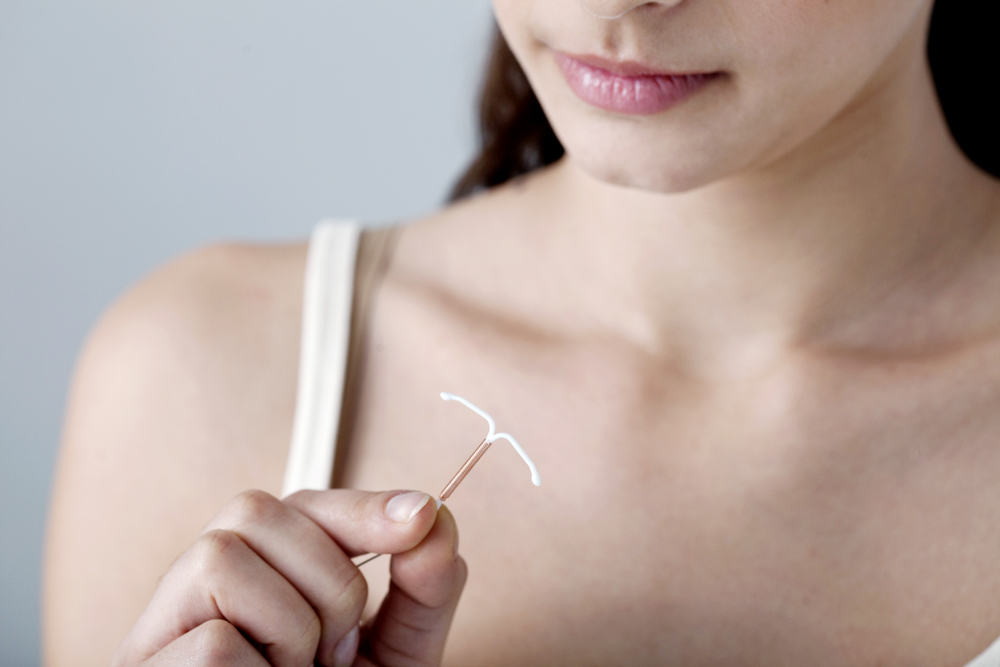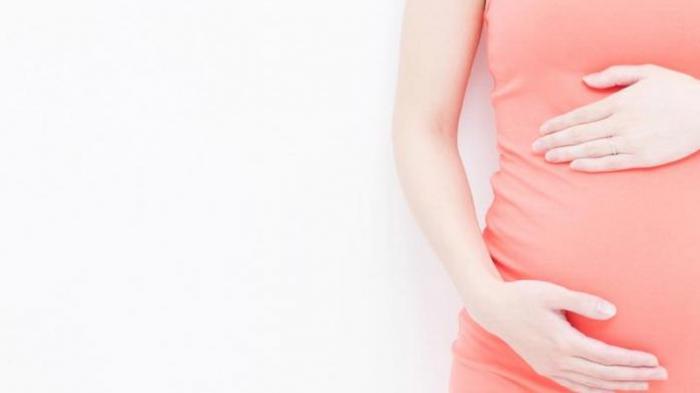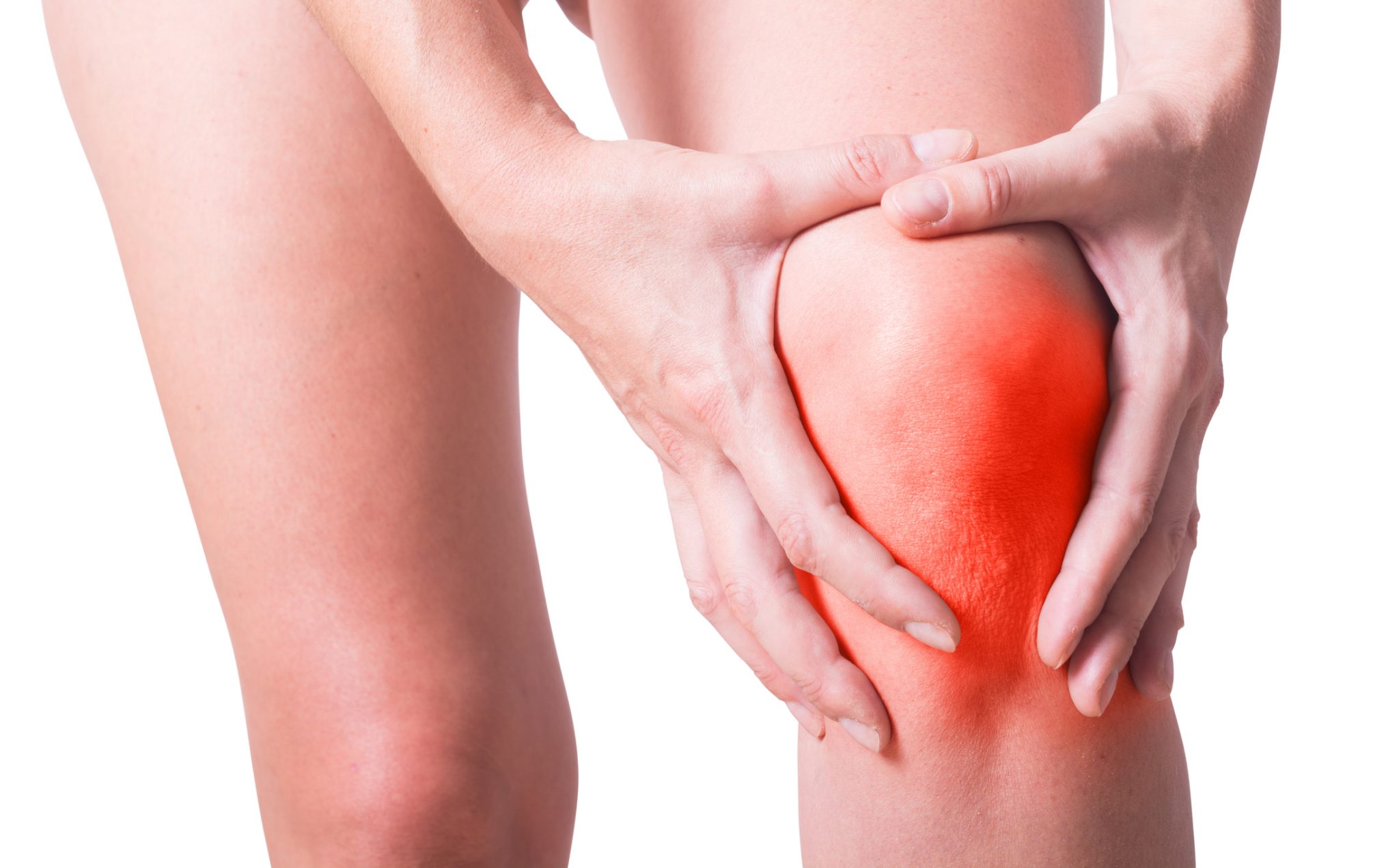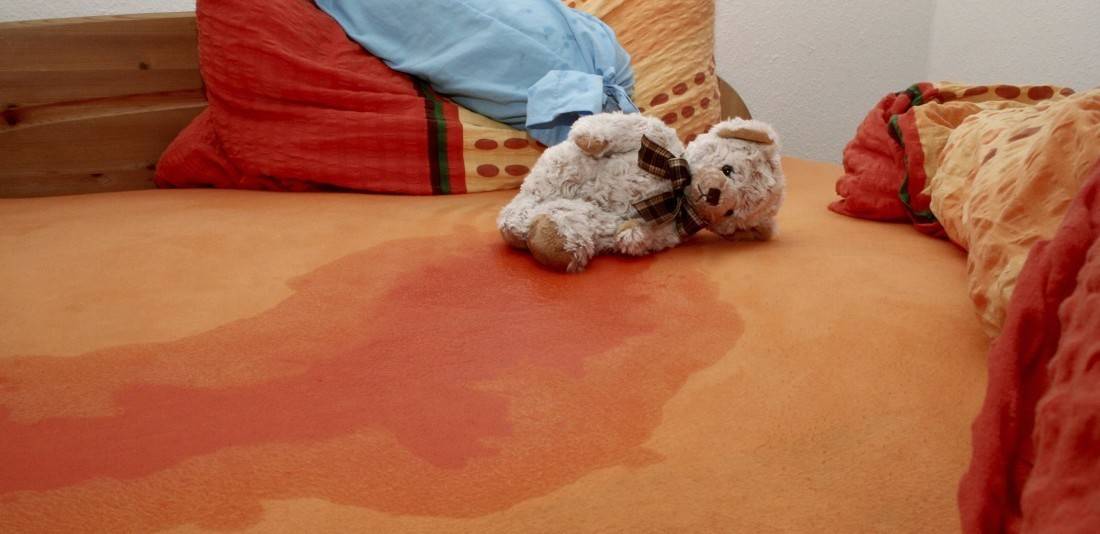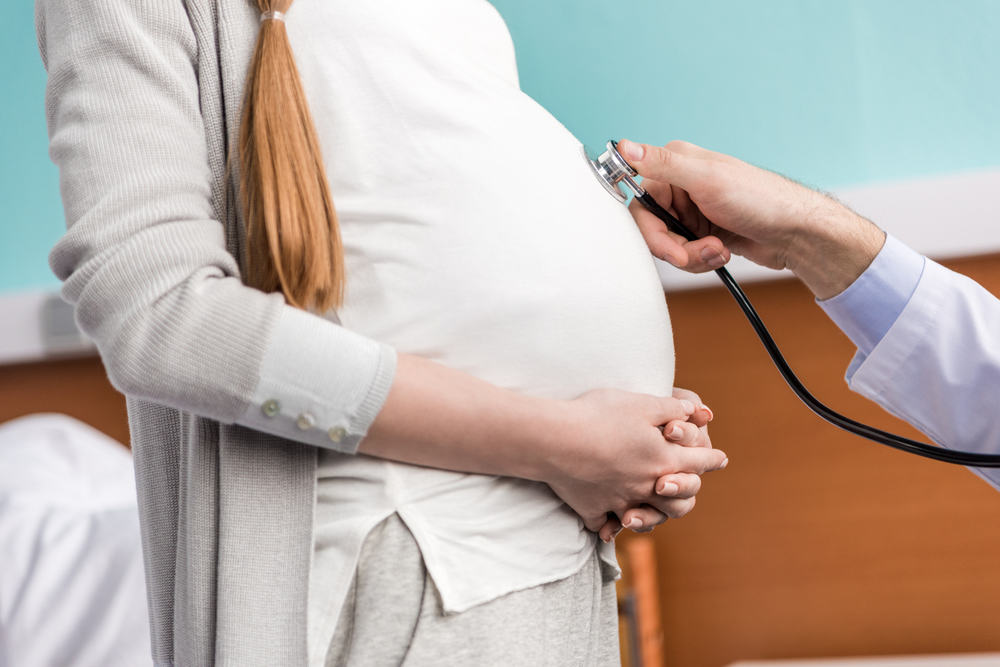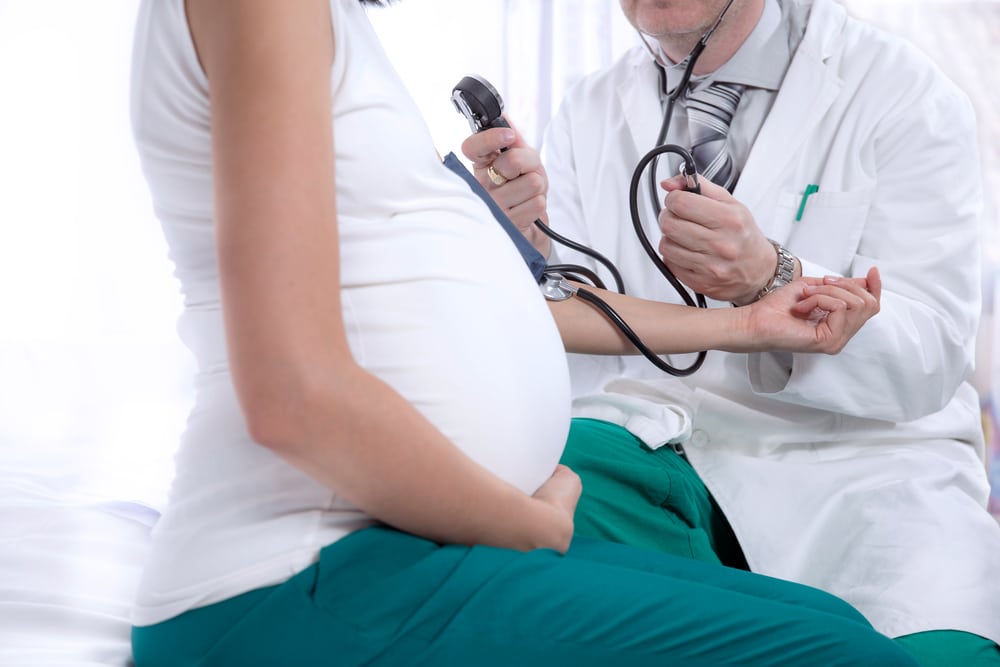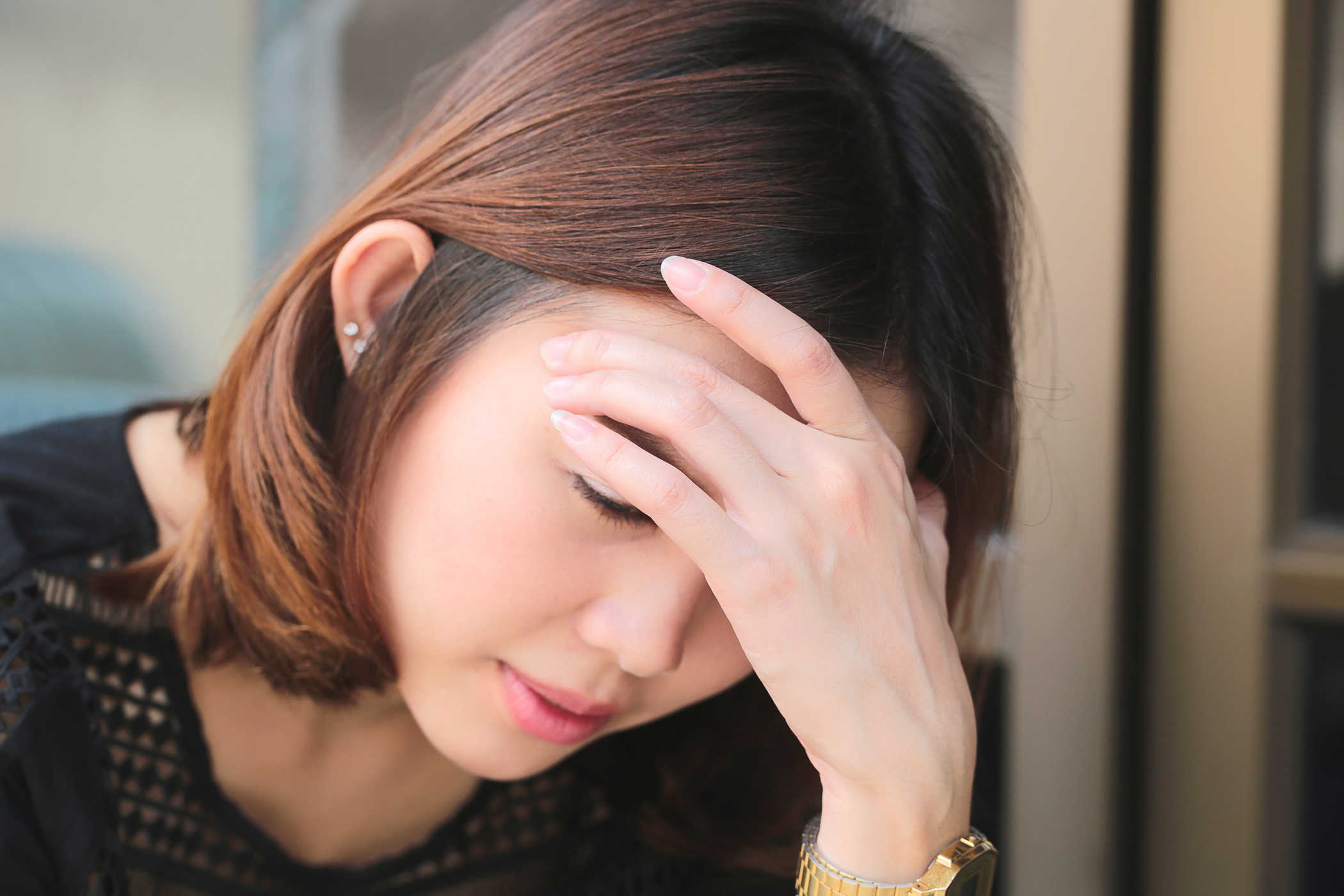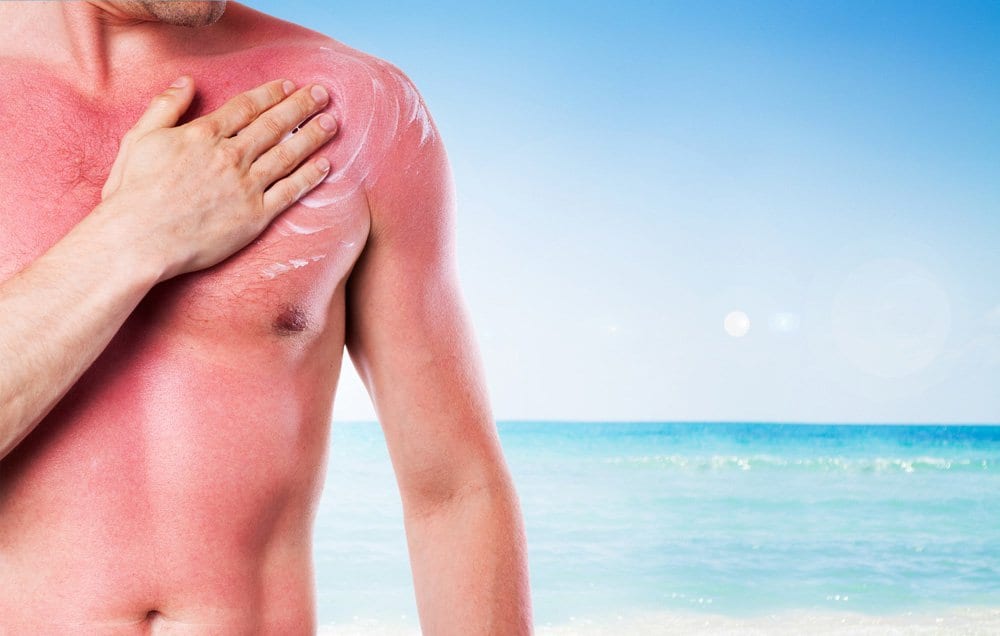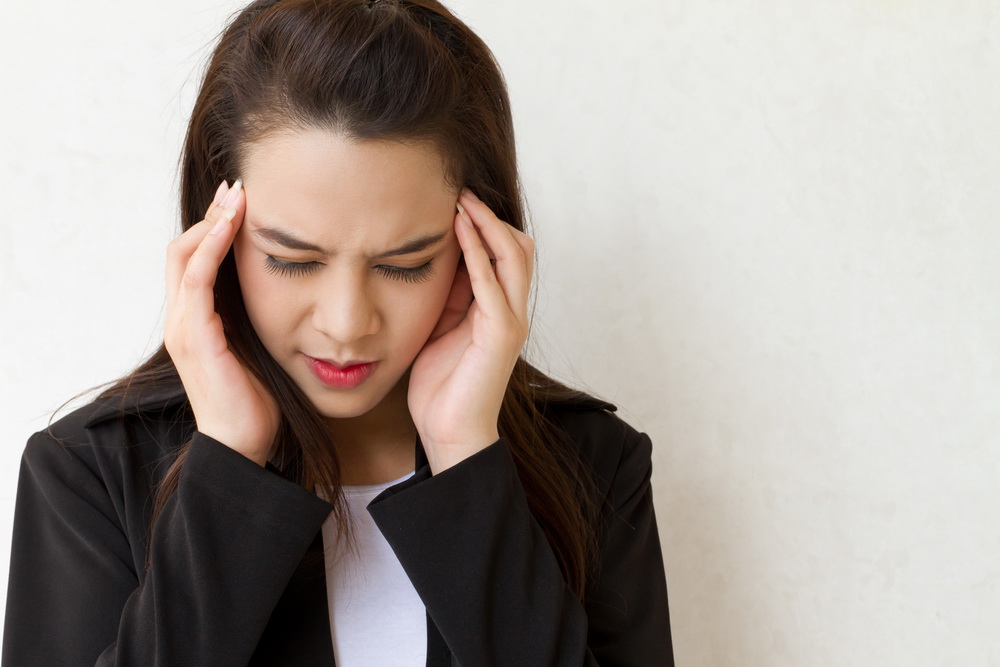Contents:
- Medical Video: How can I encourage my elderly mother to eat ? |Find Health Questions
- Causes of elderly loss of appetite
- 1. Various health problems in old age
- 2. Food is not suitable
- The danger is that the elderly are malnourished
- What should be done when the elderly lose their appetite?
Medical Video: How can I encourage my elderly mother to eat ? |Find Health Questions
Decreasing various bodily functions in elderly people contributes to their decreased appetite. Unfortunately they are also often difficult to be told to eat so that the elderly are prone to malnutrition.
Causes of elderly loss of appetite
The causes of malnutrition or malnutrition in elderly people are multifactorial. One of the trigger factors is psycho-cognitive or disturbances in the brain, decreased taste nerves, decreased production of saliva, tooth loss, gum shrinking and stretch reflexes of the excessive stomach wall.These factors, will reduce the ability to distinguish smell and taste, cause problems in chewing and there is a tendency to feel full quickly. As a result, food intake will decrease.
1. Various health problems in old age
Declining taste power will make parents lose their appetite or appetite, so they end up lazy to eat or eat (too) a little. The condition of teeth that begin to falter or have dated also makes them no longer strong enough to chew food that is relatively hard or tough. The digestive conditions of the elderly usually begin to have problems, because the intestine and stomach function has weakened.
2. Food is not suitable
Loss of appetite can also come from a lack of attention or concern from the people around him (children, nurses, helpers). They may not care whether the food provided matches or not with the taste or condition of the teeth and digestion of parents.
Maybe the dish is too sweet, too hard, or too spicy, so parents can't eat enough. Or it could be the reason just because they don't like to eat alone at home while children and grandchildren are busy with their own business outside the home.
But because they do not want to bother the child or the person who cared for him, usually parents do not want to complain and save their own problems. The poor economic condition of the family also contributes a lot to the incidence of malnutrition in elderly parents.
The danger is that the elderly are malnourished
Decreasing movement activity that is quite significant also makes parents not easy to feel thirsty. Even many parents who suffer from Alzheimer's lose the ability to feel thirsty. If this condition is neglected for a long time, don't be surprised if your parents suddenly are diagnosed with dehydration.
Lack of fiber will also make many parents attacked by constipation (difficulty defecating). If it continues, difficult conditions such as BAB can trigger hemorrhoids or even colon cancer. Whereas if calcium deficiency, osteoporosis will be easier to attack their bones.
A diet that is too tight is also a high risk of making parents malnourished. Moreover, usually parents like to overdo it in applying dietary rules and taboos from doctors. For example, if doctors recommend reducing salt consumption, they will stop eating salt altogether. Even if the body lacks salt (sodium), people can suddenly faint and even coma.
What should be done when the elderly lose their appetite?
In addition to routinely consulting a doctor to deal with diseases that are suffered by your parents, you should also consult a nutritionist to improve their nutritional status, so that they can live the rest of their lives in good health and quality.
Also, if you see your normally active parents begin to show behavioral changes, such as being lazy to do anything, being passive, or being fussy for no reason, then you don't become emotional or just complain. Try to find out what's behind it, including the daily nutritional conditions.
To work around this, the type of food given and the time must be adjusted. Can not be like most people in general with a pattern of breakfast, day and night, in the elderly they can eat anytime when hungry.
The food provided should be soft, contain lots of fiber, have complex carbohydrate content, high protein and fat so that it is not easily weak. The amount of food intake also does not need as much as adults because people aged over 60 years have experienced decreased body function. Likewise with fluid requirements. If normal people need fluids up to 70 percent, the elderly only need about 40 percent.
Giving vitamins to the elderly is basically not prohibited as long as other nutritional needs are sufficient. If the intake of carbohydrates, protein and fat is lacking, any vitamin will not be beneficial to the body.

